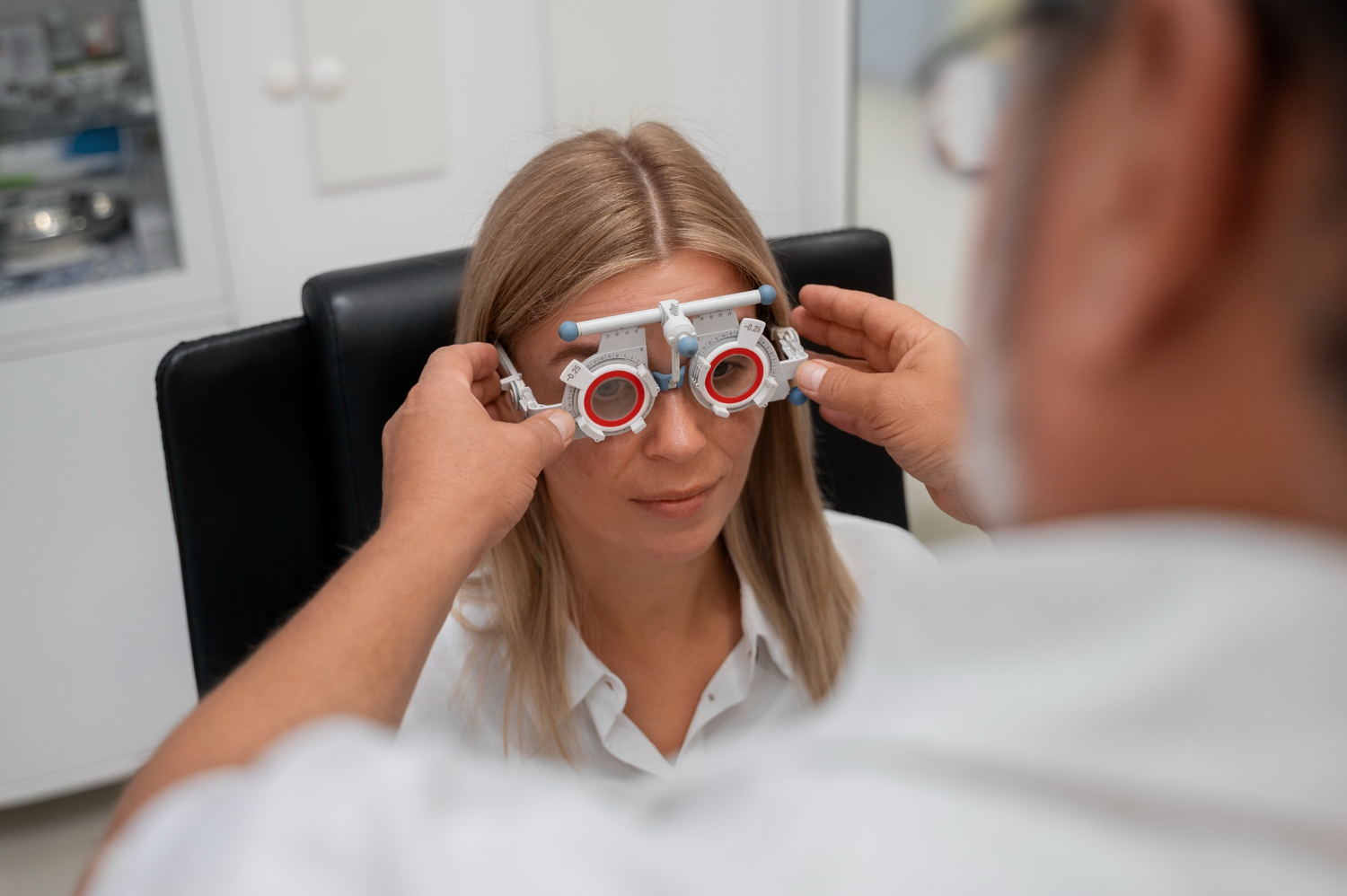LASIK or laser eye surgery has become more popular over the years. This particular eye surgery claims to improve the vision of the eye by reshaping the cornea. Although many people have attested to its great results, some still feel hesitant to try this surgery. This is because many do not know what happens during the actual operation and what most patients usually experience after it.
To help you better understand LASIK and what patients experience during and after the procedure, here is a quick rundown about what you can expect:
Before Laser Eye Surgery
Before you get laser eye surgery, you should first meet specific criteria or requirements. You should be at least 18 years old and in good health. To be certain that you are eligible for surgery, consult your eye doctor first.
Here are some things that you should expect during the actual surgery:
Quick and relatively painless: Based on the type of equipment involved, some people think that LASIK is painful. However, laser treatment lasts only around 30 to 40 seconds. You are unlikely to feel discomfort apart from a slight pressure in the eye.
A device will keep your eyes open: Since it uses a laser, some people are concerned whether blinking will cause problems during the surgery. The answer is no, as a small device will help keep your eyes open during the operation.
After Laser Eye Surgery
After the surgery, your doctor will advise you to return to the clinic for routine checkups to assess the effect and progress of your laser eye surgery. They will also advise you to temporarily avoid strenuous exercises or activities which may impede your recovery.
Here are the things you may expect to happen after LASIK surgery:
Bloodshot eyes: It is normal for your eyes to redden for about three weeks after surgery as some of the blood vessels in your eye recovers. Although it may seem unnerving, this doesn’t pose any health risk and will heal on its own. However, some patients report experiencing sensitivity to light and seeing starbursts for about one to three weeks after the procedure.
Blurred vision: As your eye recovers from the surgery and your vision adjusts, having blurry vision and fluctuations for weeks or even months is normal. Just make sure to visit your doctor regularly to check for improvements.
Visual acuity checkup: After the surgery, you will be required to undergo visual acuity testing to ensure your ability to safely drive without your graded eyeglasses or contacts. This is important as some states require 20/40 or better visual acuity for drivers.
During Laser Eye Surgery Recovery
The recovery period will depend on many factors. Primarily, it will depend on how your eyes themselves recover from the surgery and how they adapt and heal with the changes. It will also depend on your LASIK surgeon’s expertise and the type of refractive procedure performed on you.
Some people recover a few days after their surgery, while some take longer—about six months for complete recovery. As mentioned, the recovery period will vary for each patient. To ensure good health and vision, make sure to visit your doctor for follow up checkups.
Conclusion
LASIK eye surgery is a good eye vision treatment for almost everyone. It can improve one’s vision by performing quick yet effective laser surgery. Although it may seem complicated and painful, laser eye surgery is surprisingly painless.
You may experience blurry vision and bloodshot eyes, but that is just part of recovery and won’t pose any health risks. After your surgery, it is vital that you visit your doctor for follow up check-ups to track your progress and address problems if there are any.
Our professional and expert doctors will help ensure that your LASIK surgery will go safely and successfully.





